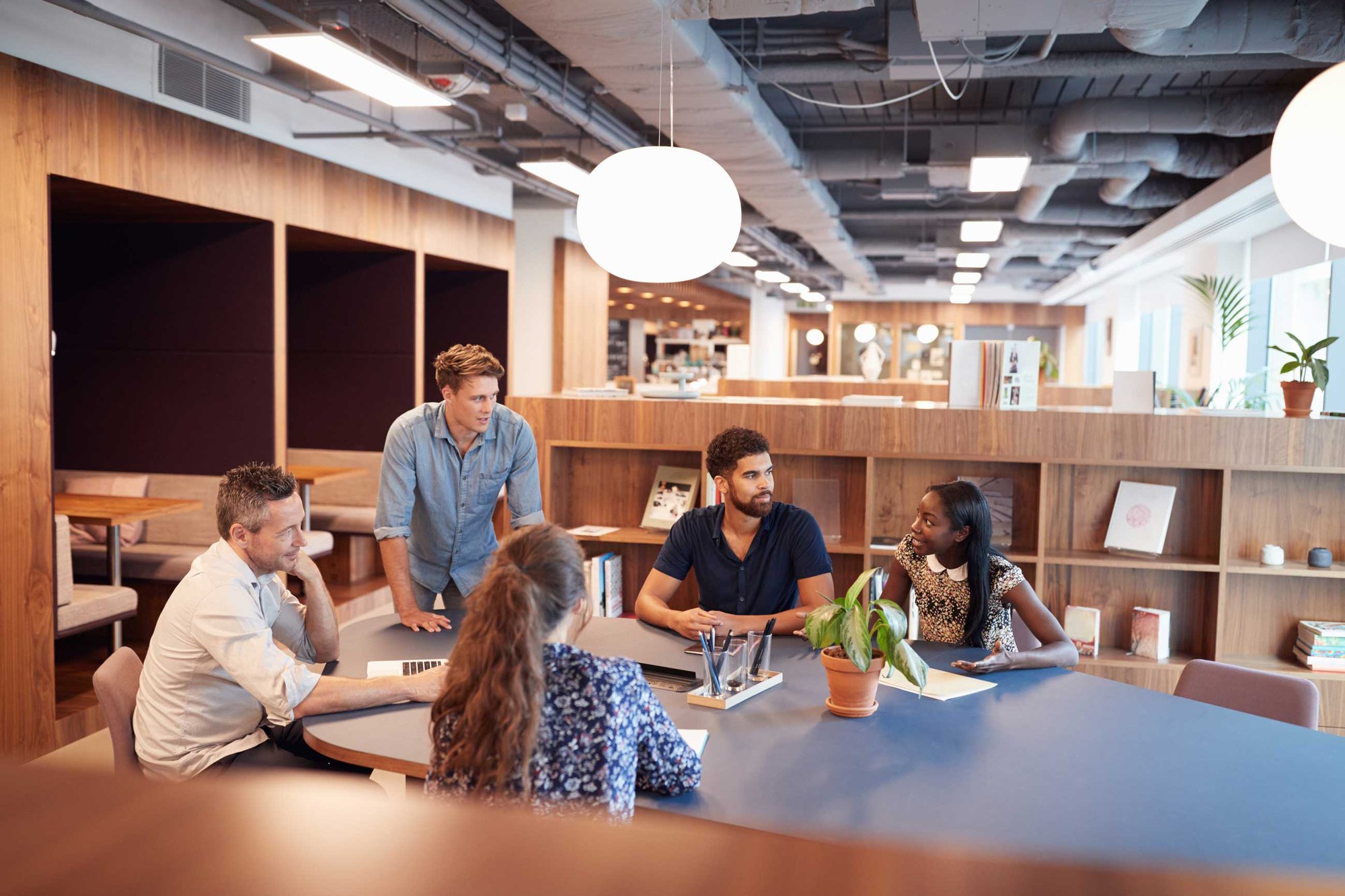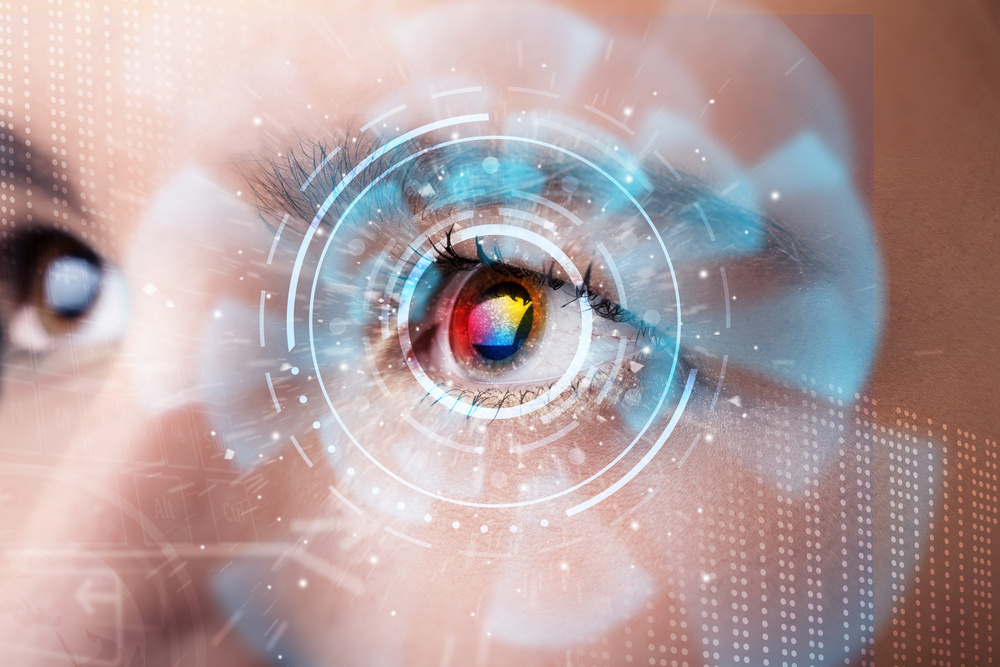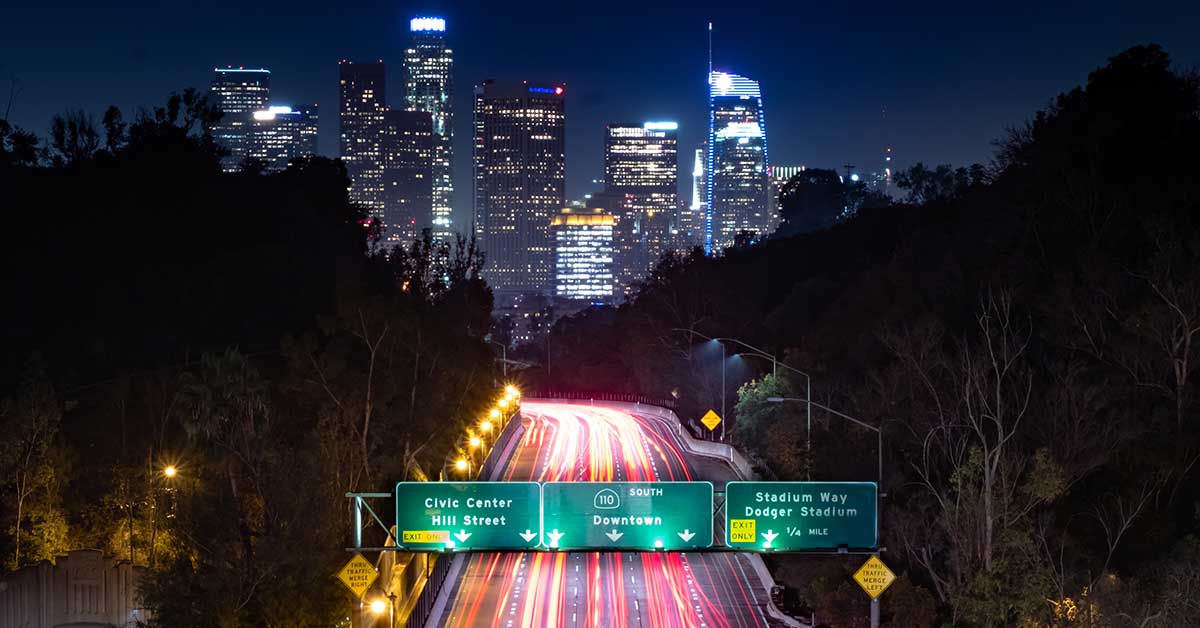The Office is Dead, Long Live the Office!

Embracing the Hybrid Work Revolution
As we navigate the future of work, the concept of the office undergoes a radical transformation, challenging traditional paradigms and embracing the hybrid work revolution. The demise of the conventional office heralds the rise of a more dynamic, flexible, and technology-driven workspace. This evolution is not about the end of the office space but its rebirth; a transformation geared towards fostering innovation, collaboration, and productivity across physical and digital realms.
The Hybrid Work Model: A New Blueprint
The hybrid work model presents a blueprint for the future, blending the best of both worlds—remote flexibility and in-office collaboration. This approach champions the idea that work is not where we go, but what we do, reshaping our understanding of efficiency and connectivity. It demands a reimagined office space that supports this fluidity, ensuring that employees can thrive regardless of their location.
Technology as the Cornerstone
In the age of hybrid work, technology is the cornerstone that bridges the gap between physical and virtual workspaces. From advanced connectivity solutions to collaborative tools, the modern office is equipped with technology that ensures a seamless, integrated experience for all employees. This includes everything from high-speed internet, digital collaboration platforms and smart office designs, all aimed at enhancing communication, ensuring security, and fostering a sense of community.
Redefining the Purpose of the Office
The purpose of the office is redefined in this new era; it's no longer just a place for individual work but a hub for collaboration, creativity, and culture. The design of office spaces is shifting towards areas that promote teamwork, social interactions, and innovation. This involves creating versatile workspaces that can adapt to various activities—be it brainstorming sessions, client meetings, or quiet, focused work.
The Future is Now
As we embrace this shift, it's clear that the future of work is now. Businesses are tasked with creating an environment that not only meets the logistical needs of hybrid work but also addresses the well-being and aspirations of their workforce. This means designing offices that are not only technologically advanced but also human-centric, promoting wellness, sustainability, and inclusivity.
The office, in its new avatar, is alive and thriving, serving as a testament to the resilience and adaptability of the modern workplace. It stands as a beacon of innovation, a place where technology and humanity converge to create a future that is not just about work, but about creating value, fostering relationships, and building a better world.
This vision for the future of workspaces and the role of technology in facilitating hybrid work is not just speculative; it's a call to action for businesses ready to lead the charge. As we look forward, the question isn't whether the office will survive, but how it will evolve to meet the changing needs of the workforce. In this journey, technology and innovation are our greatest allies, paving the way for a workplace that is more adaptive, resilient, and connected than ever before.


